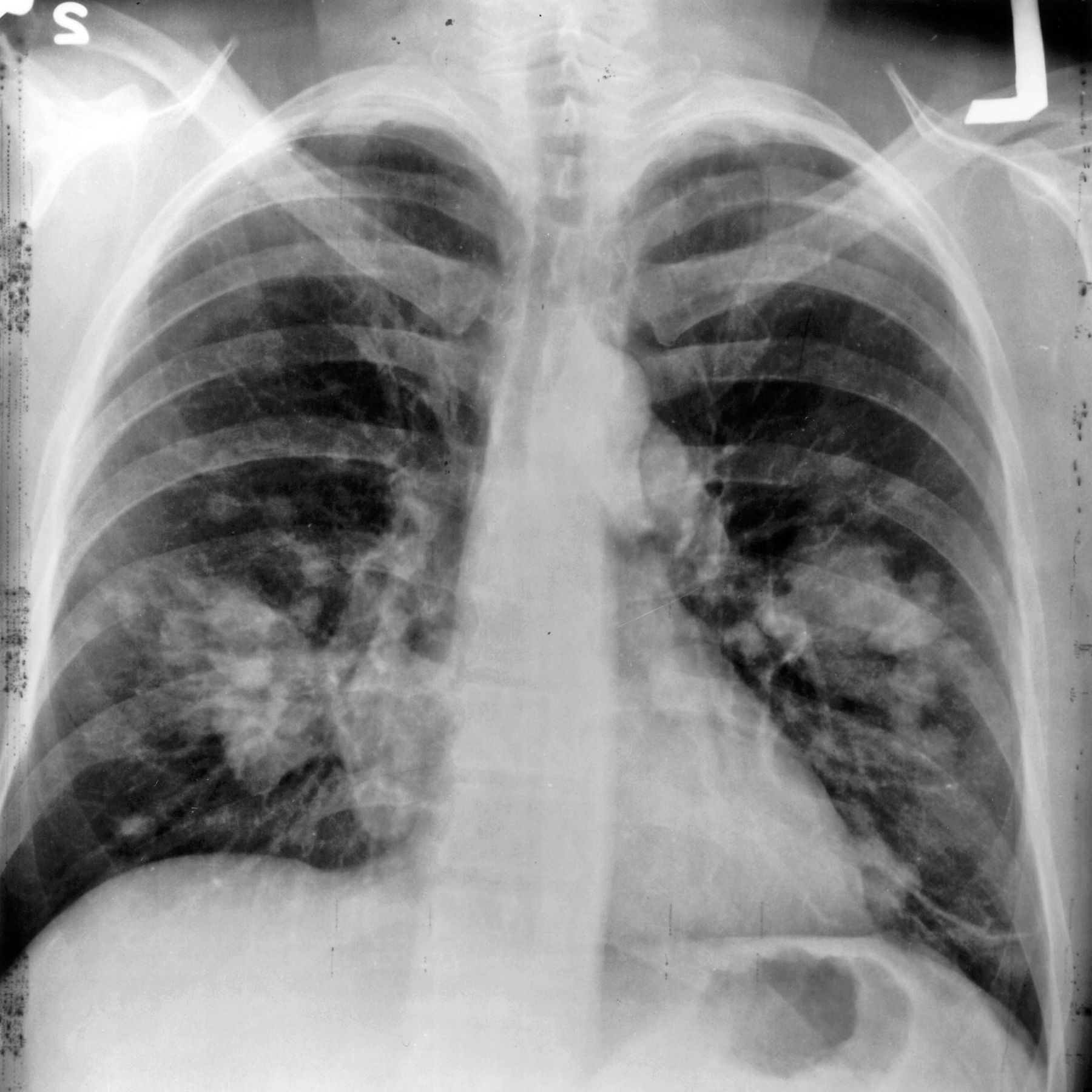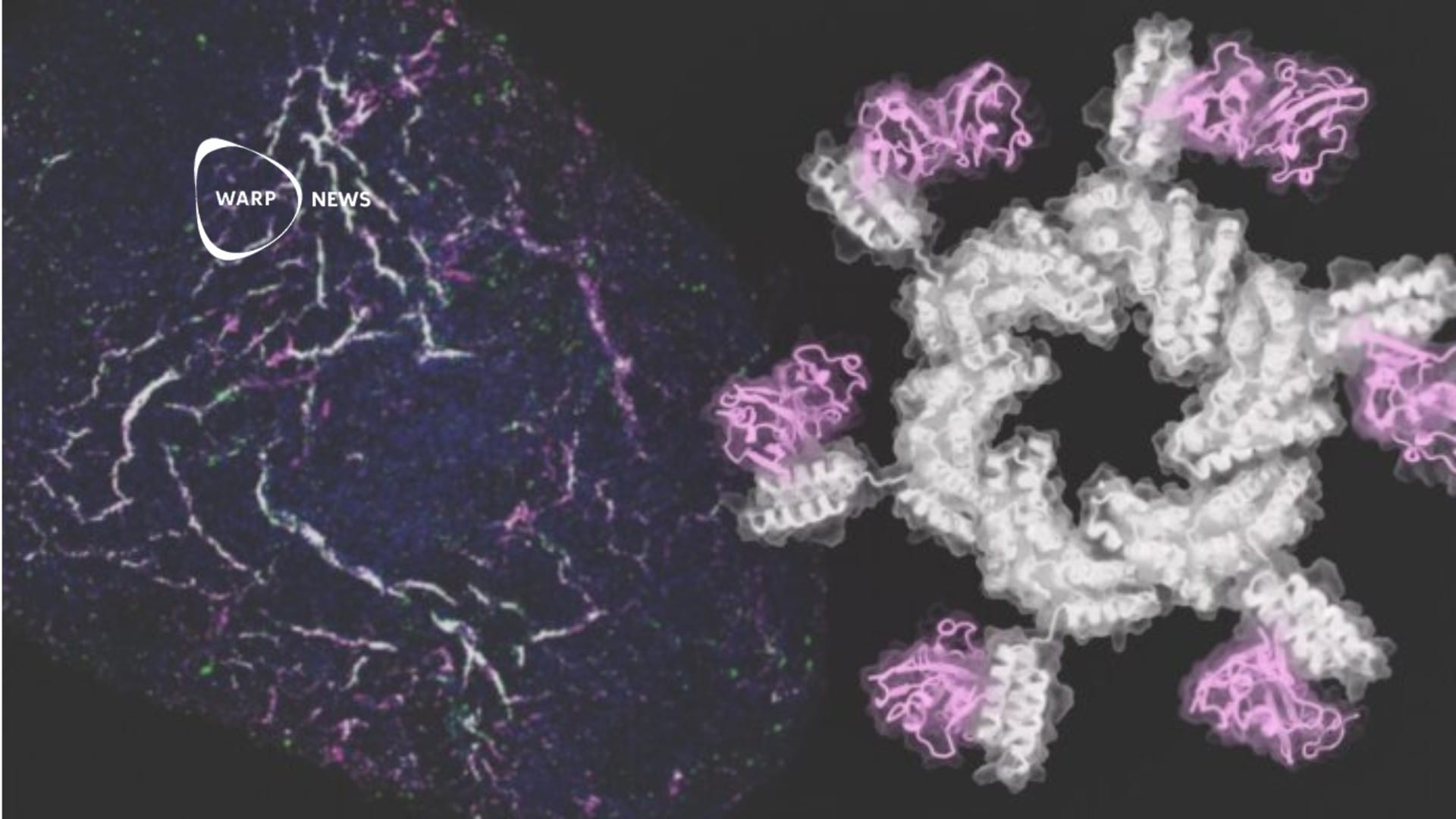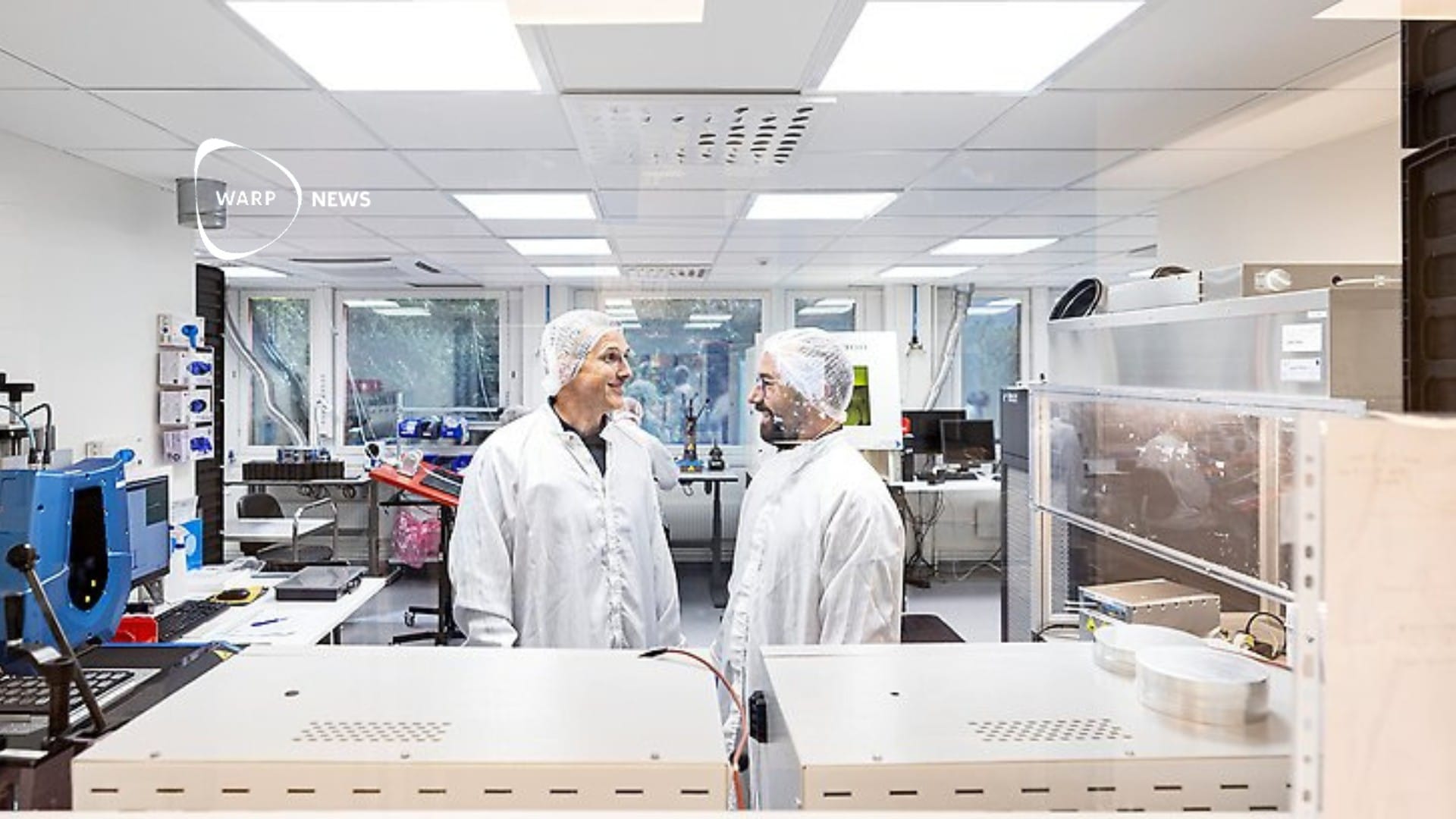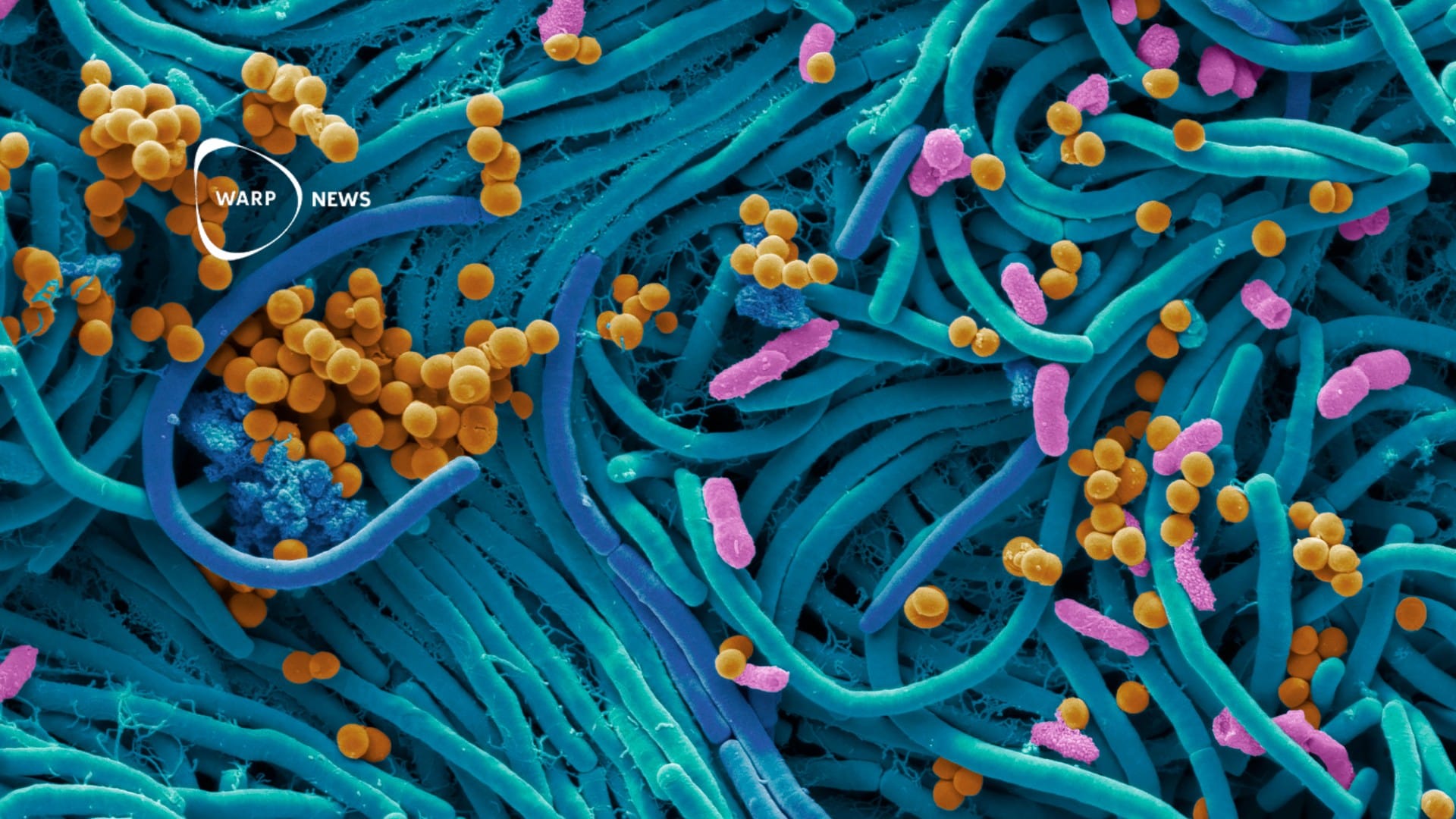
🎗 Layer X-ray detects lung cancer in time
Lung cancer is one of the most dangerous cancers - also difficult to detect. A study in the UK has a suggestion
Share this story!
A study in the UK uses layer X-rays to detect lung cancer before there are noticeable symptoms.
Lung cancer has a very high mortality rate. It is the UK's most serious form of cancer. Forty-eight thousand cases are detected each year. Over seventy percent of these have a fatal outcome - just over thirty-five thousand deaths, per year. (In Sweden, about four thousand cases are discovered a year .)
It is extra important to detect lung cancer in time - when a patient discovers their symptoms, it is usually too late - the cancer may have already spread to the lymph nodes, and metastases may have attacked other organs.
A study by University College London Hospital (UCLH) offered smokers and former smokers to undergo a CT scan of their lungs. A total of twelve thousand people were included in the study. Lung cancer was detected in one hundred and eighty cases, of which one hundred and twenty-five at a very early stage. Seven out of ten cases that were discovered could be treated through surgery. The study is called Summit Study and may be a model for the future.
It's important to highlight how effective CT scanning is. In my lung cancer clinic at UCLH, seven out of 10 people have cancer that's been inoperable, incurable, from the first time they saw a doctor. Whereas with the cancers that we see with Summit, seven out of 10 are potentially curable, because they were detected earlier - Dr Sam Janes, UCLH
Judy Miller was one of the participants in the study. She is 74 years old and quit smoking fourteen years ago. (She started smoking at the age of 17.) She had no noticeable symptoms at all when the study was conducted, but some cancer cells were detected in one of her lungs. One week later, she was admitted for surgery .
The operation took place just as COVID-19 broke out, by an operation team wearing full protective equipment. (It was crucial that this happened as soon as possible, before the cancer cells had spread.) If lung cancer is found so early, the procedure is relatively simple, and the patient can leave the hospital after a few days.
University College London Hospital proposes to offer national scan of smokers:
National screening would save the lives of twenty-five percent of men with lung cancer (almost nine thousand lives - editor's note) and thirty to forty percent of women, says Dr Robert Rintoul of the UK Lung Cancer Coalition.
Early detection is necessary to be able to cure cancer. Screening with layer X-rays of smokers offers just that - will it be a common tool in the future?
By becoming a premium supporter, you help in the creation and sharing of fact-based optimistic news all over the world.


